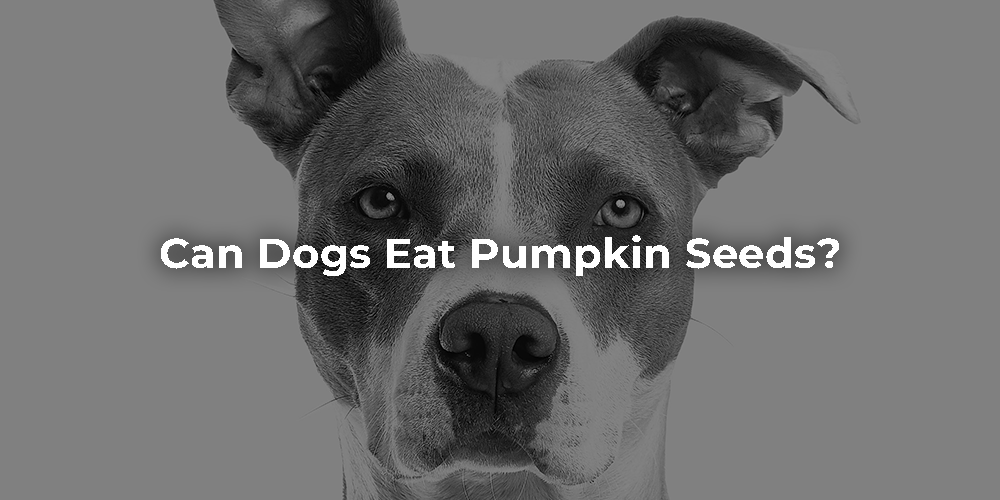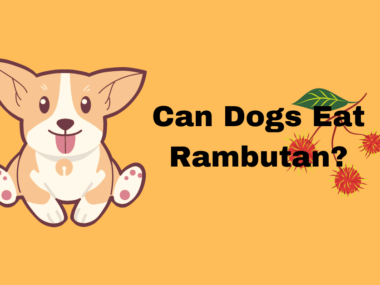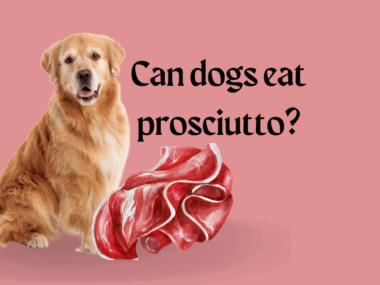If you’re a dog owner, you know how important it is to keep your furry friend happy and healthy. As a responsible pet parent, you might wonder if sharing certain human foods with your canine companion is safe. One such food that often comes up in conversation is pumpkin seeds. Can dogs eat pumpkin seeds? In this article, we’ll dive into the topic and explore the potential benefits and risks involved.
Table of Contents
The Nutritional Value of Pumpkin Seeds
Before we delve into whether dogs can eat pumpkin seeds, let’s take a moment to appreciate the nutritional value these little seeds offer. Pumpkin seeds are packed with essential nutrients that benefit humans and animals. They are a origin of protein, healthy fats, fiber, vitamins (such as A, E, and B-complex), and minerals (including iron, magnesium, and potassium).
Can Dogs Safely Consume Pumpkin Seeds?
When feeding human food to dogs, following some general guidelines is crucial. Moderation and variety are key to maintaining a balanced diet for your furry companion. While certain human foods can be safe and beneficial for dogs, others may pose risks to their health.
So, can dogs safely eat pumpkin seeds? The good news is that, in moderation, pumpkin seeds can be a hale addition to your dog’s diet. However, there are a few considerations to keep in mind.
Digestibility and Choking Hazards
One concern is whether dogs can digest pumpkin seeds properly. While dogs can technically digest pumpkin seeds, taking precautions is important. To prevent choking hazards, it’s advisable to remove the outer shell or grind the seeds into smaller pieces before catering them to your dog.
SEE NOW: Can Budgies Eat Sunflower Seeds?
Potential Benefits for Dogs – Can Dogs Eat Pumpkin Seeds?
Including pumpkin seeds in your dog’s diet can provide some nutritional advantages. The rich nutrient profile of pumpkin seeds may contribute to a shiny coat, healthy skin, and overall well-being for your canine companion. However, it’s important to note that these benefits may vary from dog to dog, and individual sensitivities should be considered.
Risks and Considerations
As with any new addition to your dog’s diet, it’s crucial to be aware of potential risks. Some dogs may have allergies or sensitivities to certain foods, including pumpkin seeds. If you notice any adverse reactions, such as itching, rashes, or gastrointestinal issues like an upset stomach or diarrhea, it’s best to consult your veterinarian.
SEE ALSO: Can Dogs Eat Froot Loops?
Preparing Pumpkin Seeds for Dogs
To ensure your dog can safely enjoy pumpkin seeds, it’s essential to prepare them properly. One popular method is roasting the seeds. Remove the outer shell, spread the seeds on a baking paper, and roast them in the oven until golden brown. Alternatively, you can grind or crush the seeds to enhance their digestibility for your furry friend.
Moderation and Serving Suggestions
While pumpkin seeds can offer some health benefits to dogs, moderation is key. The appropriate serving size of pumpkin seeds will depend on your dog’s size and weight. As a general guideline, small dogs may benefit from a teaspoon of pumpkin seeds, while larger dogs can have up to a tablespoon. Always remember to introduce new foods gradually and observe your dog’s response.
Alternatives and Supplements
If you need more clarification about feeding your dog pumpkin seeds or if your dog has specific dietary restrictions, there are alternative sources of similar nutrients. Consult your veterinarian to explore other dog-friendly options with the same nutritional benefits.
Additionally, there are commercially available pumpkin seed supplements specially formulated for dogs. These supplements offer a convenient way to incorporate the goodness of pumpkin seeds into your dog’s diet without the need for preparation.
READ ALSO: Why Does My Cat Stare At Me
In Conclusion – Can Dogs Eat Pumpkin Seeds?
In conclusion, dogs can safely eat pumpkin seeds in moderation, considering individual sensitivities and precautions. The nutritional value of pumpkin seeds can contribute to your dog’s overall well-being, including a healthy coat and skin. However, monitoring your dog’s response and consulting a veterinarian if you have any concerns or notice any adverse reactions is crucial.
Remember, being a responsible pet parent involves understanding what foods are safe for your furry friend and incorporating them into a balanced and varied diet. By doing so, you can ensure your dog’s health and happiness for years to come.
So, the next time you’re enjoying a pumpkin treat, don’t hesitate to share a few pumpkin seeds with your four-legged companion—make sure to do it in moderation and with their well-being in mind.
Disclaimer: This article is for informational things only and should not replace professional veterinary advice. Always consult your vet doctor before introducing new foods to your dog’s diet.




